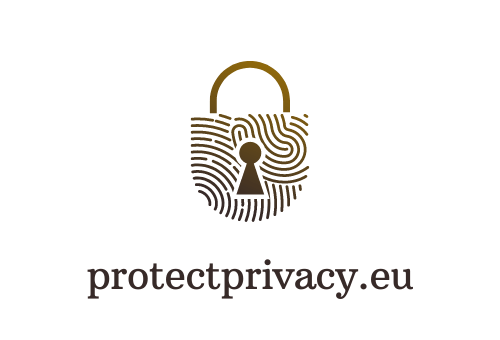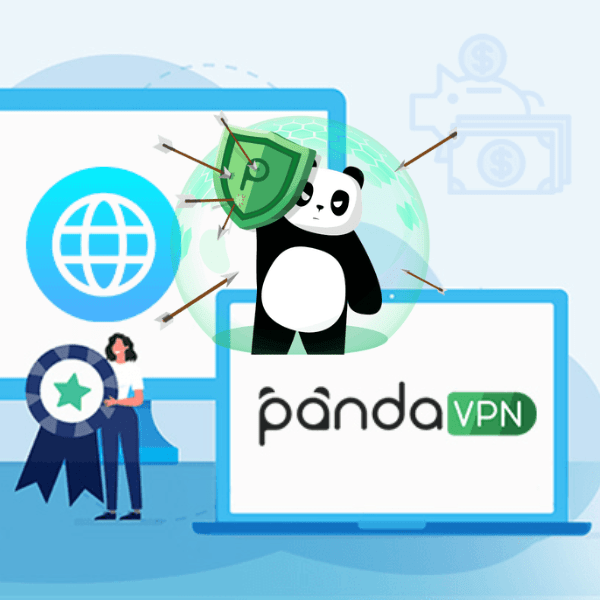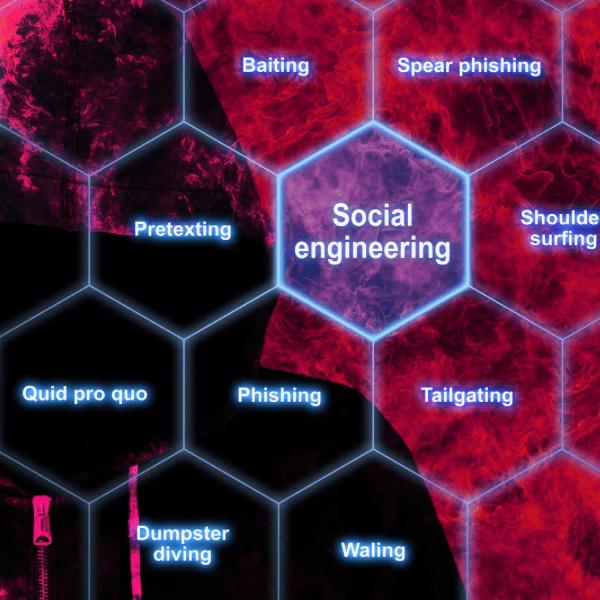Privacy is a human right! And it must be protected…

In today’s digital age, online privacy has become a pressing concern for people across the globe. With the ever-increasing amount of personal information shared online, protecting one’s privacy has become more important than ever before. In this article, I will argue that online privacy is not just a luxury, but a basic human right that should be protected by governments and individuals alike.
Fundamental Human Right
Privacy is a fundamental human right, recognized in many international legal frameworks such as the Universal Declaration of Human Rights and the International Covenant on Civil and Political Rights. These documents recognize the importance of privacy as an essential condition for human dignity, freedom, and autonomy. Online privacy is an extension of this fundamental right, and individuals must maintain control over their personal information in the digital world.
In recent years, we have seen many high-profile data breaches that have exposed the personal information of millions of people. These breaches have highlighted the vulnerability of online data and the need for robust privacy protections. Additionally, online tracking, targeted advertising, and data mining have become ubiquitous on the internet, creating an environment where our personal information is constantly being collected and used for commercial or even political purposes without our knowledge or consent.

Why is It So Important?
The lack of online privacy can have serious consequences for individuals. It can lead to identity theft, financial fraud, and other forms of cybercrime. Moreover, it can have a chilling effect on free expression and association, as people may fear speaking out or engaging in political activism online if they believe their personal information could be used against them.
It is the responsibility of governments to protect the privacy of their citizens online. This can be done through legislation that sets clear standards for data protection and requires companies to obtain explicit consent before collecting or using personal information. Additionally, governments can invest in cybersecurity measures to prevent data breaches and support the development of privacy-enhancing technologies.
Individuals also have a responsibility to protect their online privacy. This can be done by being mindful of the personal information they share online and using tools such as encryption and virtual private networks (VPNs) to secure online communications. It is also important to be aware of the privacy policies of websites and apps and to exercise the right to opt out of data collection where possible.
Privacy is Not a Luxury or a Cool Feature…
In conclusion, online privacy is not just a luxury, but a fundamental human right that should be protected by governments and individuals alike. Individuals need to maintain control over their personal information in the digital world and for governments to take steps to protect their citizens’ privacy online. By working together, we can create a safer, more secure online environment that respects the fundamental rights of all individuals.







